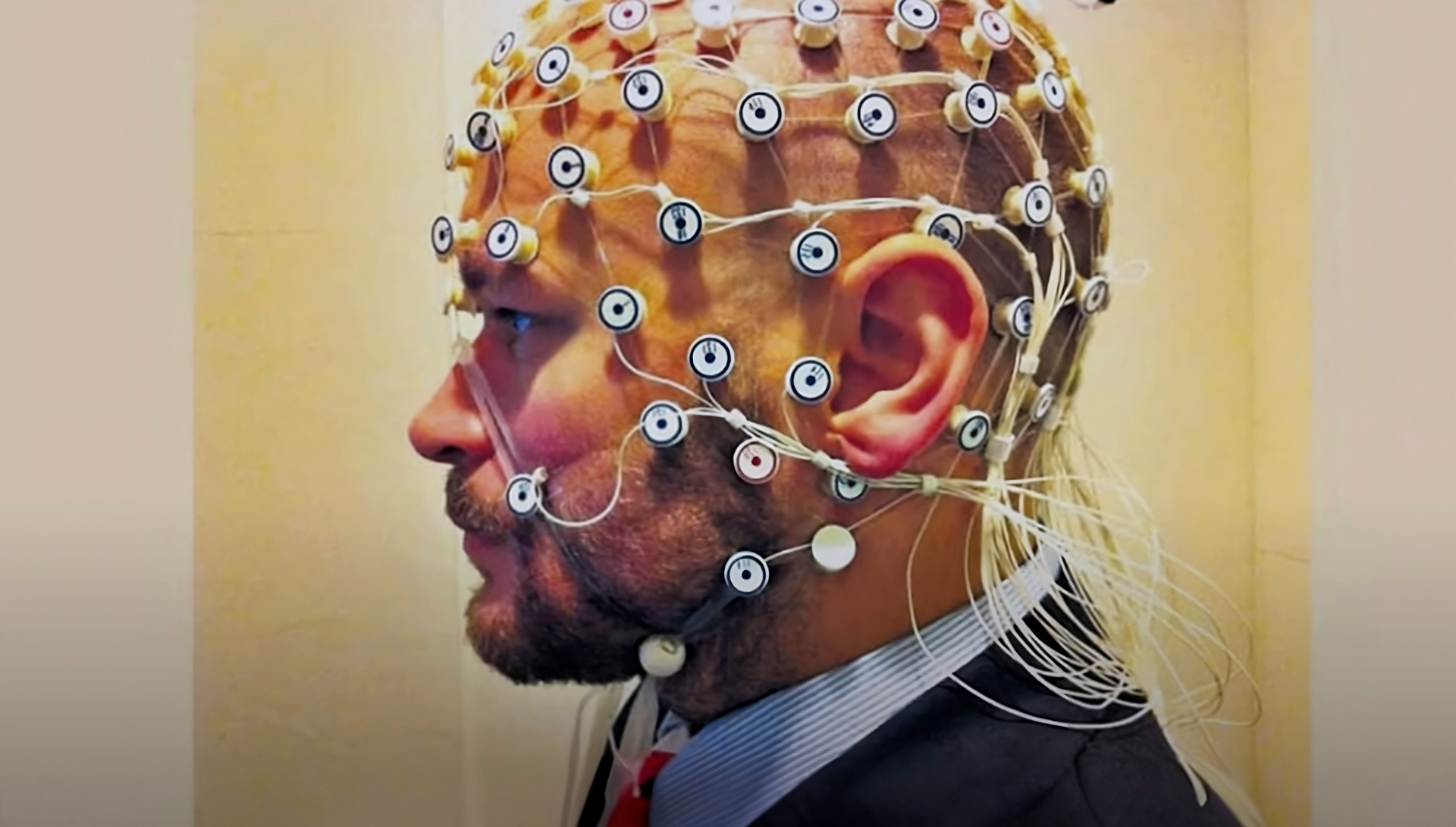EEG Diagnostic Services (dfEEG)
Our comprehensive brain health assessments utilize state-of-the-art Electroencephalograph (EEG) equipment to provide accurate and detailed brain activity measurements.

DIAGNOSTICS SERVICES: STATE-OF-THE-ART
Electroencephalograph (EEG) equipment and fgEEG Software designed to provide accurate brain activity measurements, aiding in the assessment of Brain Health. Electroencephalograph “fgEEG” (EEG Diagnostic) services, conducted within our innovative Mobile Brain Centers. These services provide comprehensive brain health assessments and personalized recommendations and treatments.
Benefits
- Delivers precise brain activity data for comprehensive health assessments.
- Facilitates early detection of neurological issues.
- Supports tailored therapeutic interventions for optimal outcomes.
Customer Support
24 Hour Ready
support@energyguidedbrain.com
(555) 987-6543
Book Appointment
Lorem ipsum dolor sit amet, consectetur adipiscing elit.
How it works
Overview
Electroencephalography (EEG) is a non-invasive technique for recording the brain’s electrical activities. It involves placing electrodes on the scalp, connecting them to a signal amplifier, and recording the data on a computer. EEG can be conducted while the subject is at rest or responding to sensory stimuli and can be combined with other neural imaging techniques like MRI or PET scans.
Procedure
- Preparation: An electrode cap is placed on the subject’s head, with each electrode receiving a small amount of gel and a gentle skin scratch to ensure good conductance.
- Recording: The subject relaxes with eyes closed while brain activity is recorded. Occasionally, they may be asked to hyperventilate or be exposed to light stimulation to check for potential epilepsy.
- Duration: A typical EEG session lasts about an hour, including 30-40 minutes of preparation time.
Data and Analysis
EEG measures voltage fluctuations from the electrical activities of neurons. Data can be displayed in real time or analyzed offline. Normal brain signals are consistent, while pathological conditions show significant deviations. EEG has been used for clinical diagnoses for around a hundred years, identifying conditions like epilepsy and brain death.
Applications
EEG studies can aid in diagnosing:
- Epilepsy and other seizure disorders
- Brain injuries
- Stroke
- Brain degenerative disorders
- Sleep disorders
- Mental disorders
- Substance use disorders


